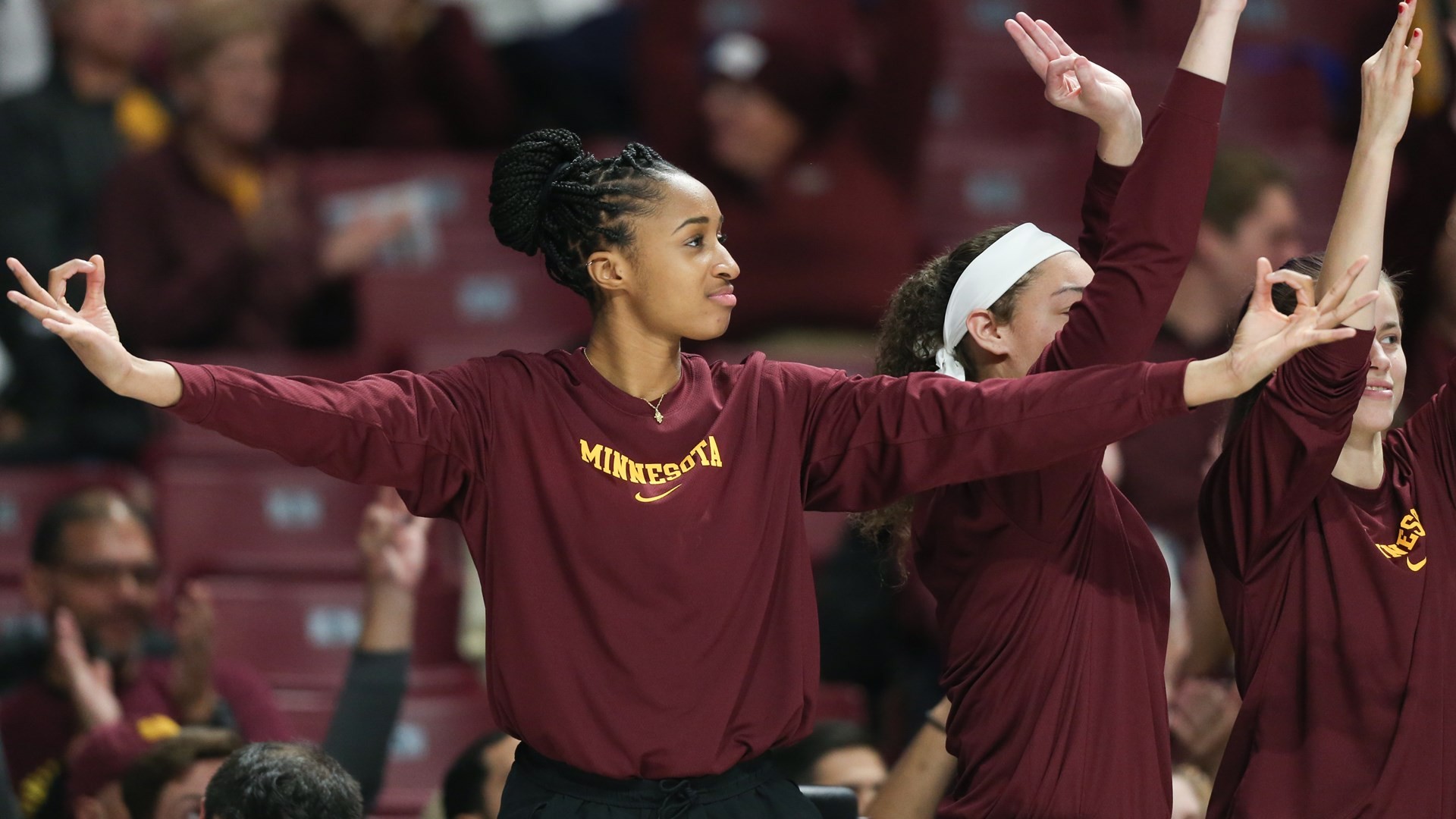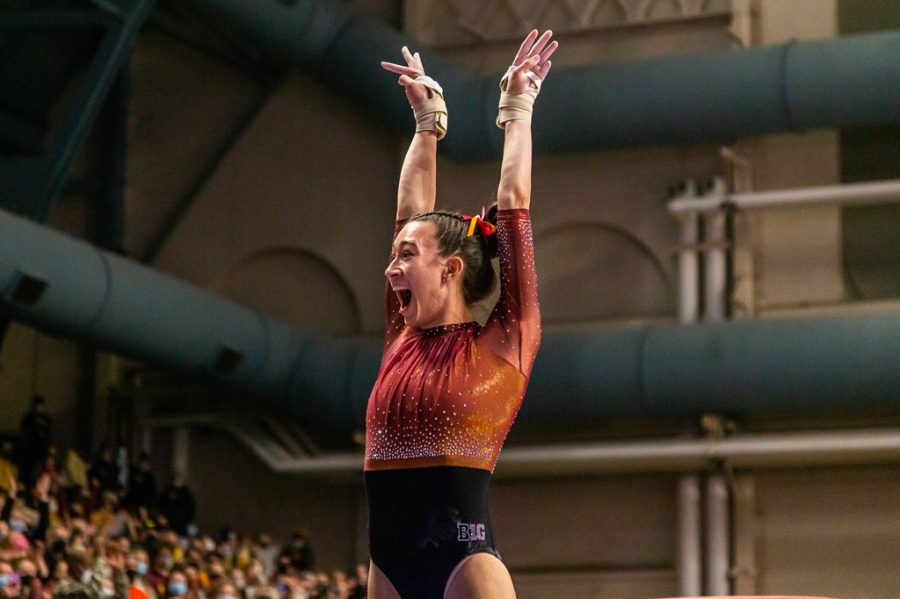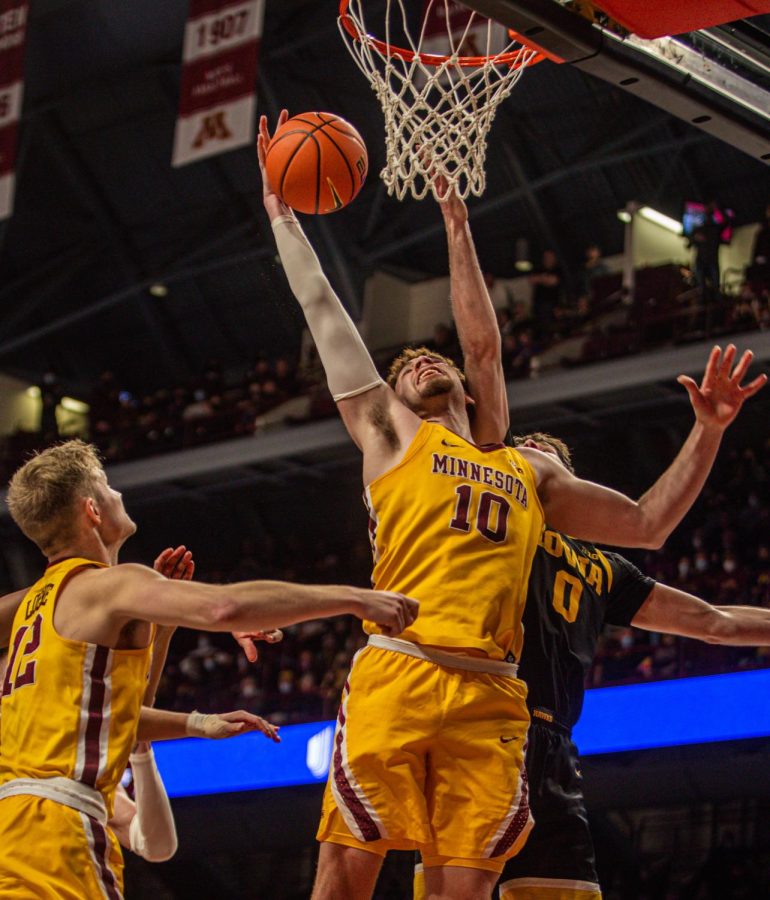Student success coaches at the University of Minnesota are aiming to help first-year and low-income students with goal setting, career planning and financial literacy through a new program started this semester.
The Success Coaching program, managed by the President’s Emerging Scholars Program and the Office of Undergraduate Education, targets first-year and first-generation students, who may also be from low-income families. These University students often have multiple commitments outside of school that may make it difficult to balance their responsibilities, or may require additional support in navigating their experiences in college during their freshman year, according to Will O’Berry, assistant director of the President’s Emerging Scholars Program.
The program launched over the summer, with coaches beginning their roles throughout the fall semester. Around 100 students are currently taking part in the program, which is open to students who are Pell Grant eligible. The Pell Grant is a federal grant for students who display an outstanding financial need and have not yet earned a degree.
“Students come into college having different goals and wanting different things out of college, wanting different opportunities out of college so it’s really individualized,” said student success coach Mai Lee.
A goal of the program is to increase four-year graduation rates, specifically among Pell students.
“We know that our Pell graduation rates are below our regular graduation rates, not by a lot, but by enough that it’s concerning,” said Vice Provost and Dean of Undergraduate Education, Robert McMaster. “So we thought by adding some coaches that specifically would be targeted to help Pell income students we could help their adjustment to the University.”
The program was also developed due to students expressing a need for targeted advising and guidance.
“We saw a very high demand for these coaches,” McMaster said. “There’s a lot of demand from low-income students to get some additional support so it certainly is a program we anticipate might expand a bit.”
Lee said her and fellow success coach Lissa Martinez meet frequently to discuss the effectiveness of different coaching strategies. Students who are part of the program have the opportunity to meet with coaches consistently throughout the semester.
“I think one of the most important pieces with being in college [and] succeeding in college is being able to build relationships, and then also being able to navigate campus. I feel like you’re getting both of those things,” Lee said.
The success coaches can provide additional guidance on finances, academics and career advice that may expand on other advising services offered at the University. In addition, success coaches may also take on the role of mentor for these students.
Prior to working as a success coach, Lee said she was previously an academic advisor at the University. Having a background in higher education helped her develop plans for academic topics, she said. As a success coach, Lee now spends more time with students exploring other topics such as financial literacy and goal setting.
“We were able to find two coaches with really excellent education backgrounds and experience in terms of working with historically minority students,” O’Berry said.
In addition to filling out a survey at the start and end of the semester, students are asked to fill out a satisfaction survey after each meeting. Feedback shows that all students “feel motivated to achieve their goals after their coaching sessions” and are “satisfied with the overall coaching experience,” O’Berry said.
The University is planning to expand this coaching to reach other low-income and first generation students, and more coaches will also be added to the program in the future, O’Berry said.
“We haven’t even gotten through a full semester yet,” O’Berry said. “So we’re wanting to gather data as we go along to shift and change things as we need to and keep the things that are working.”












